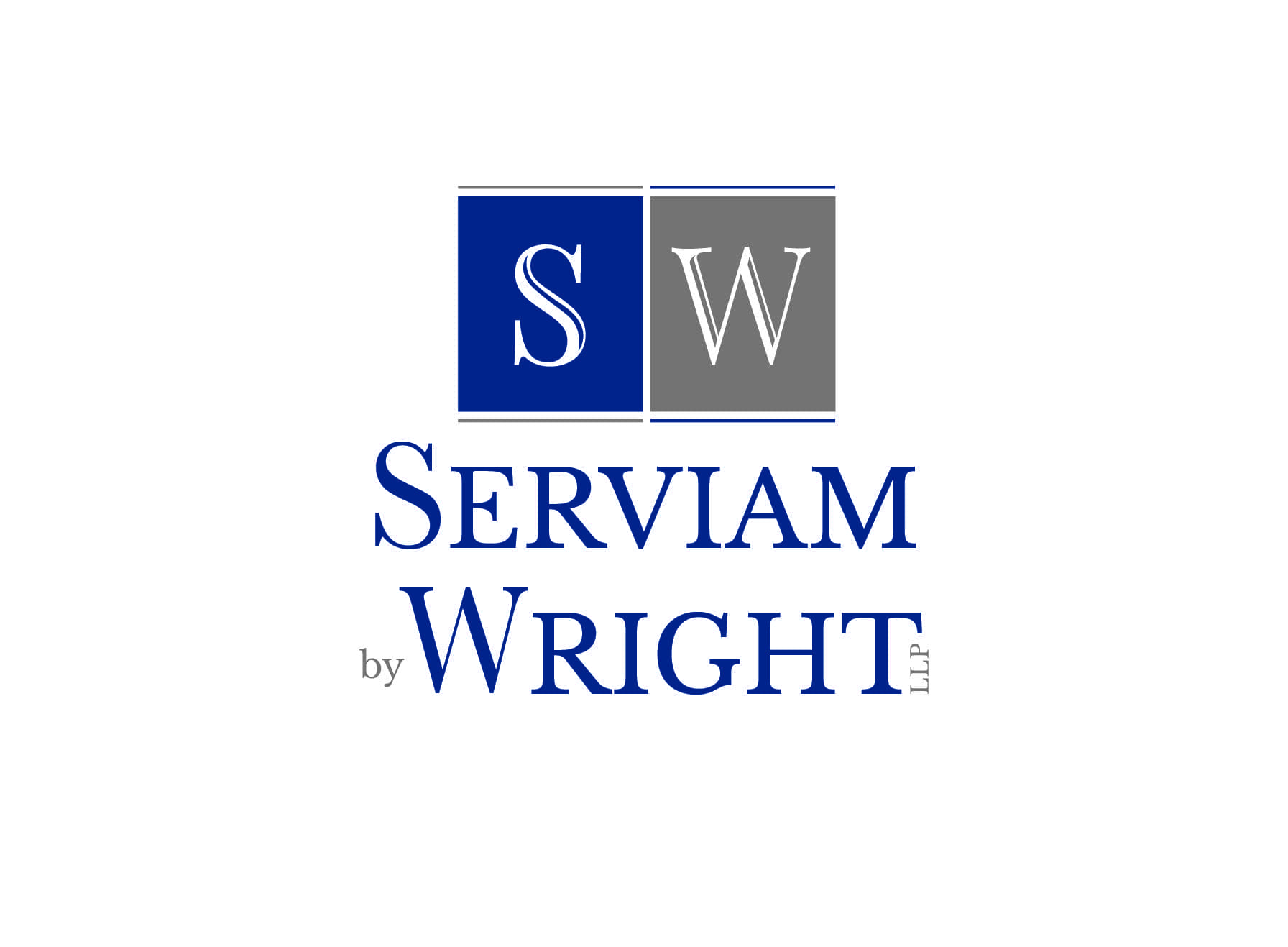On Nov. 15, 2021, the City of Tehachapi considered three ordinances amending its municipal code’s code enforcement regulations to bring them into compliance with new State laws, enhance transparency and clarity in processes, and ensure efficient and fair enforcement of its laws.
The City Council’s first reading of these ordinances and public discussion came after the City requested the assistance of Serviam by Wright LLP, and then a year of working hand-in-hand with City staff to meet the standards of the law and tailor the code amendments to best serve the interests of the community.
The three ordinances amend the code’s regulations related to enforcement for public nuisances, prohibitions for sleeping in vehicles, defecating or urinating on public property, false alarms, storage of personal property in public areas, among other related provisions, along with ensuring attendant procedures are in place to offer clear due process for the public subject to these regulations.
Numerous recent changes in State law and case law have forced the City to update its municipal code in order to comply. Such changes include specific limits on City enforcement of such laws, increased notices to violators, and procedures for protection of personal property when encountered by City staff.
The goals behind the diligently and carefully crafted amendments are not only to comply with State law, but to elevate the quality of life for everyone within the City limits, reduce unnecessary tax payer funds being spent, increase due process for recipients of code enforcement processes, and to ensure efficient and fair enforcement regulations.
The proposed ordinances were well received at a public hearing by the City Council and the public, being approved unanimously by the Council on the first reading.
The three ordinances will likely be returning to the City Council and public for final read in January of 2022. As State law requires, all ordinances are published for public access before heading to a public hearing before the City Council, and if approved at that hearing, the ordinances proceed to a second hearing before the City Council in another public session.
Members of the public have the opportunity to weigh in on the ordinances at each step. If approved the second time, the ordinances become law after 30 days have elapsed. Alternatively, an ordinance can be rejected by the City Council, or it can direct staff to make modifications.
If the City Council adopts an ordinance as law, it is enforced by City staff.
Serviam by Wright LLP prides itself in working closely with city staff to help the cities comply with the often-changing laws involving code enforcement, and improving the ability of cities to efficiently and fairly seek compliance with their own laws.





